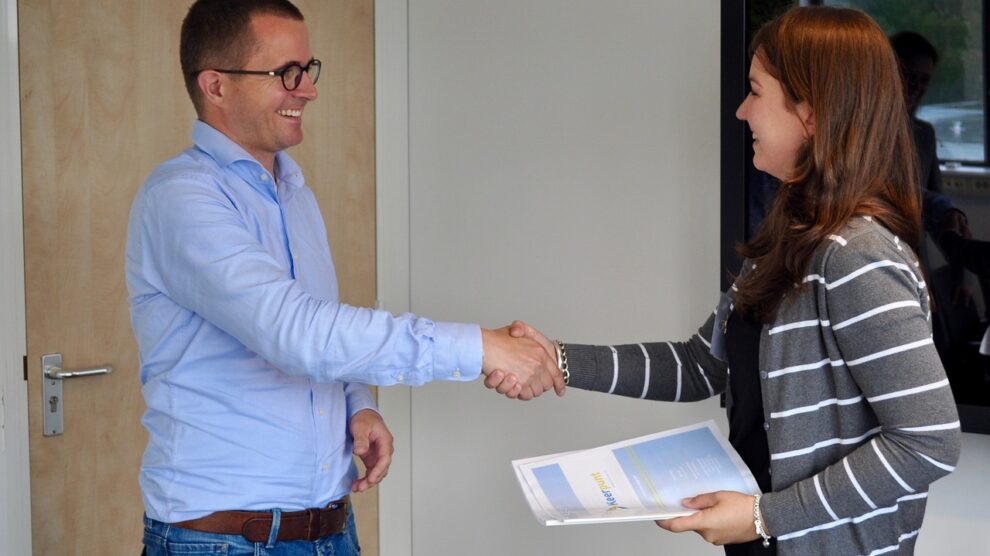Understanding the Value of Strong Client Relationships
Building trust and rapport with clients is just as important as erecting walls and laying foundations. A construction company’s reputation relies heavily on customer satisfaction and the ability to nurture positive client relationships from the moment a project begins until long after it ends. Yet, managing these relationships can be challenging, especially when relying on outdated systems or scattered communication channels.
That’s where integrating Customer Relationship Management (CRM) tools with construction management software can make a substantial impact. CRM integration brings all client interactions into a unified system, allowing construction firms to deliver a more personalised and responsive experience to their customers. For contractors, remodelers, and builders who use construction management software, adding CRM functionality helps bridge the gap between project management and client relations, resulting in a smoother, more efficient workflow and stronger customer loyalty.
What is CRM Integration, and Why Does it Matter?
Customer Relationship Management (CRM) is all about managing interactions with both current and prospective clients. In construction, CRM tools help track client communications, manage leads, schedule follow-ups, and ensure that no client request goes unnoticed. When these CRM features are integrated with construction management software, the benefits multiply, allowing you to not only manage project tasks and schedules but also create a seamless client experience.
Imagine being able to pull up a project’s schedule while discussing a change with a client or having the ability to instantly see all correspondence with a client, right alongside budget and progress information. By integrating CRM into your construction management software, everything is kept in one place, improving transparency and ensuring everyone is on the same page. This helps reduce misunderstandings, enhances responsiveness, and ultimately strengthens client relationships.
Centralising Client Data for Better Project Coordination
In any construction project, effective communication is key. Clients want to know that their investment is in capable hands and that their concerns will be addressed promptly. CRM integration into construction management software centralises all client information—such as contracts, project history, and contact details—so it’s easily accessible to project managers, sales teams, and anyone else involved in the project.
When a client reaches out with a question or concern, project managers can quickly access every detail of the project and provide a prompt and informed response. This ability to respond quickly with accurate information shows clients that they are valued and their projects are being handled efficiently. Additionally, this centralised data can be used to inform decision-making, ensuring that each stage of the project aligns with the client’s expectations.
Improved Client Communication with CRM Tools
Construction projects often involve multiple stakeholders and moving parts, which can make clear and consistent communication a challenge. One of the standout benefits of CRM integration is the improvement it brings to client communication. CRM systems help track all emails, phone calls, and even in-person meetings in a single timeline. By having this complete record, there’s no risk of losing important information or missing out on critical updates that the client may have shared.
Furthermore, CRM tools often provide automated communication features. For instance, clients can be automatically notified when their project reaches a milestone, or if there’s a delay they need to be aware of. These proactive notifications help keep clients in the loop and reduce the chances of surprises or miscommunications later on. Keeping clients updated throughout the project helps build trust and gives them confidence that everything is under control.
Personalised Service That Goes Beyond the Project
Clients want to feel like more than just another number. They want to know that their project is unique and that their preferences are understood and respected. CRM integration allows construction companies to provide a personalised experience by tracking individual client preferences, past projects, and specific requirements.
For example, if a client prefers specific materials or has a set timeline for project milestones, these details can be logged and referred to at any point. This level of personalisation not only makes the client feel more valued but also ensures that the project runs more smoothly by aligning every detail with the client’s vision. Additionally, CRM integration helps keep track of client birthdays, anniversaries, and other personal events, offering opportunities for follow-ups or to simply show appreciation. This kind of outreach helps maintain relationships even after a project has concluded, increasing the likelihood of repeat business or referrals.
Seamless Lead Management and Follow-Ups
Construction businesses often rely heavily on word-of-mouth referrals and new client leads. Managing these leads effectively is crucial for keeping a steady stream of projects. CRM tools integrated with construction management software help manage these leads efficiently by allowing companies to track every interaction, set reminders for follow-ups, and nurture relationships from the very first point of contact.
When a potential client expresses interest in your services, CRM software ensures they don’t fall through the cracks by automatically creating a lead entry and tracking every follow-up. These leads can be seamlessly integrated into your project management workflows if they convert into contracts. This kind of efficiency ensures that no opportunities are missed and that your sales process is as streamlined as possible.
Monitoring Client Satisfaction in Real-Time
One of the key advantages of CRM integration is the ability to monitor client satisfaction in real-time. The construction industry often faces client complaints related to delays, budget overruns, or unmet expectations. With CRM integration, project managers can monitor client concerns, track how quickly those concerns are being addressed, and gauge overall satisfaction throughout the project lifecycle.
If a client has voiced a concern about the project timeline, this information can be immediately available to anyone working on the project. Supervisors can then make informed decisions to address the issue before it escalates. Similarly, clients who consistently express satisfaction can be noted for follow-up later, potentially becoming strong advocates for the company. This data-driven approach to client satisfaction ensures that the construction company stays proactive and responsive at every stage of the project.
Enhanced Reporting and Transparency
Clients appreciate transparency, especially when it comes to how their money is being spent and how the project is progressing. CRM integration with construction management software makes it possible to generate detailed, customised reports that can be shared with clients at any time. These reports can include everything from budget updates and timelines to change orders and completed milestones.
Providing clients with easy-to-understand reports and visual progress updates helps build confidence and trust. It also allows clients to make informed decisions about changes or adjustments that may be necessary. This transparency is a significant value-add that helps construction companies stand out from competitors who may not offer the same level of insight.
Conclusion: Building Stronger Client Relationships with Integrated Tools
In construction, every successful project starts and ends with a satisfied client. Integrating CRM tools with construction management software helps builders, remodelers, and contractors manage client relationships more effectively by centralising communication, providing personalised service, and ensuring every interaction is tracked and addressed. This approach not only improves the client experience but also helps generate repeat business and referrals, which are vital for long-term success in the construction industry.
As technology continues to evolve, construction companies that embrace CRM integration within their construction management software will be better positioned to foster meaningful relationships, improve project outcomes, and maintain a competitive edge. By strengthening client relationships through improved communication, personalisation, and transparency, construction firms can ensure their clients remain partners, advocates, and a source of ongoing business.





